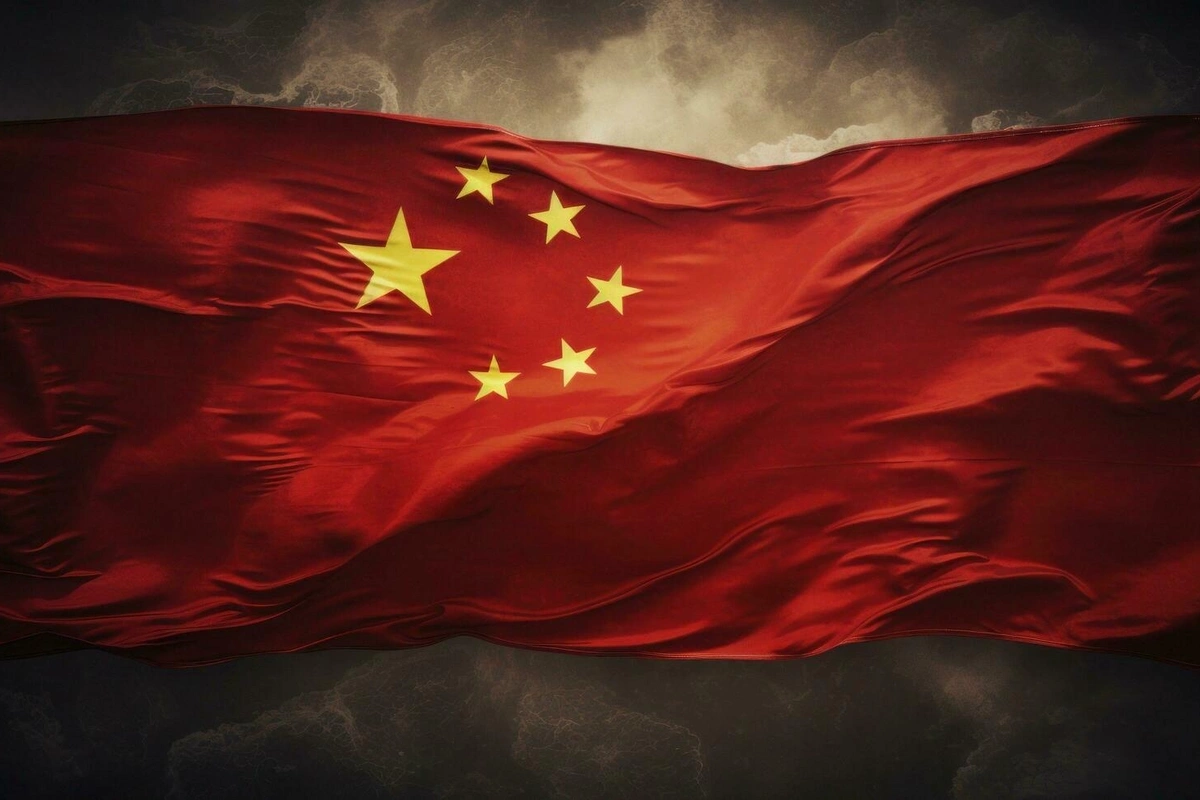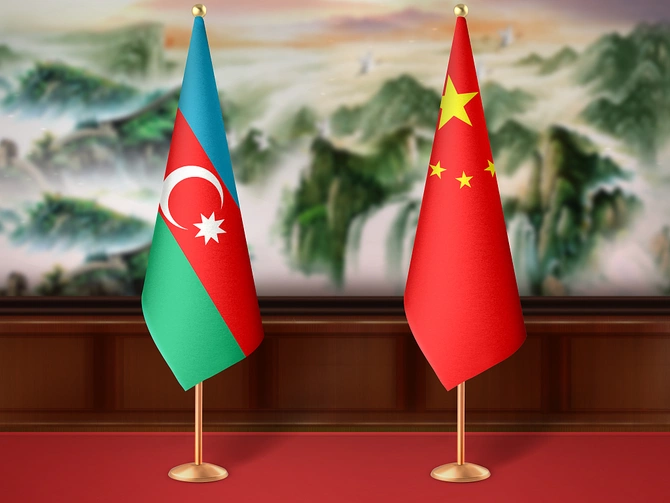
Photo: Vecteezy
The Caspian Post presents an interview with Yunis Sharifli, an expert at the Caucasian Center for International Relations and Strategic Studies.
- How do you assess China’s activities in the South Caucasus in 2024?
In 2024, China significantly increased its activities in the South Caucasus, particularly in Azerbaijan, focusing on the transport and green energy sectors. A key development was China’s formal accession to the Middle Corridor initiative, marking its investment in enhancing this trans-Eurasian trade route. Notably, China, Azerbaijan, and Kazakhstan signed an agreement to establish an intermodal cargo terminal in the Port of Baku in Alat, further strengthening China’s involvement in the Middle Corridor. Additionally, Georgia announced that a Chinese group was the sole bidder for constructing a deep-sea port in Anaklia on the Black Sea coast, underlining China’s strategic interest in this trade corridor.
In the green energy sector, Azerbaijan concluded its first renewable energy auction, where China’s Universal International Holding Limited submitted the most competitive bid-3.54 U.S. cents per kilowatt-hour (kWh). The company is now set to commission a 100-megawatt (MW) solar power plant in Azerbaijan’s Garadagh region. These developments in transport and green energy reflect Beijing’s growing influence in the South Caucasus.
Looking ahead to 2025, it is likely that more Chinese companies will engage in the Middle Corridor and green energy projects. Furthermore, the electric vehicle sector is emerging as another critical area of Chinese involvement. Azerbaijan’s agreement with BYD highlights China’s expanding footprint in the South Caucasus’ electric car market.
- We see the strengthening of China’s main rival, India, in Armenia. To what extent can this factor influence Chinese-Azerbaijani relations?
- China typically avoids overt involvement in regional rivalries, emphasizing neutrality and economic pragmatism. While India’s activities in Armenia may add complexity to the geopolitical landscape, they are unlikely to significantly disrupt Chinese-Azerbaijani relations. Instead, China may focus on strengthening its economic foothold while avoiding entanglement in political tensions between Armenia and Azerbaijan, ensuring its interests remain secure in the South Caucasus.

Photo/VCG
- What changes are expected in U.S.-Chinese relations after Donald Trump’s election for a second presidential term?
- U.S.-China relations are expected to become significantly more confrontational. His campaign promises, including tariffs of up to 60% on Chinese imports, suggest a continuation and escalation of the trade war, which could severely impact China’s export-driven economy-potentially reducing its growth rate by up to two percentage points. Furthermore, his administration is likely to implement stringent technological export controls, limiting China’s access to advanced semiconductors and AI technologies. Such measures would hinder China’s technological progress and self-reliance but may also push China to accelerate efforts to strengthen its domestic semiconductor ecosystem and diversify supply chains by collaborating with countries less aligned with U.S. policies.
Regionally, Trump’s “America First” approach may weaken U.S. alliances in Asia, inadvertently creating opportunities for China to expand its influence. However, uncertainties surrounding Taiwan and the South China Sea remain critical flashpoints. The Trump administration is expected to increase arms sales to Taiwan and bolster U.S. military presence in the region, raising the risk of heightened tensions. In response, China is likely to adopt a dual strategy of military assertiveness-such as conducting large-scale drills around Taiwan and reinforcing its territorial claims in the South China Sea-and diplomatic engagement with ASEAN nations to counterbalance U.S. influence. While these dynamics suggest an increasingly strained relationship, they also highlight China’s adaptive approach in navigating evolving challenges under a potentially confrontational Trump administration.
- How can you characterize Turkish-Chinese relations? Is Türkiye competing with China in the Central Asian region?
- Turkish-Chinese relations in the Central Asian region can be characterized as a mix of cooperation and nuanced competition. While both countries have growing interests there, their approaches and capacities differ significantly. Over the last two years, Türkiye has increased its presence in Central Asia, focusing on cultural and economic engagements in sectors such as textiles and energy. Türkiyev benefits from strong public goodwill in Central Asia due to shared historical and cultural ties, giving Ankara a unique advantage in building soft power. However, China’s influence in the region is far more extensive and well-established, with a comprehensive presence in key sectors including traditional and green energy, transport, agriculture, and manufacturing.
Türkiye’s increasing role in the region is unlikely to pose a direct challenge to China in the short term, given the vast disparity in their economic and political capacities. However, as Türkiye continues to expand its footprint in select industries and leverage its cultural ties, its influence is expected to grow. This could lead to a more competitive dynamic in the long term, particularly if Ankara prioritizes strategic partnerships with Central Asian states and deepens its economic ties. For now, Türkiye’s efforts complement China’s dominant position rather than directly competing with it, suggesting a relationship that balances cooperation with low-intensity rivalry.
Share on social media